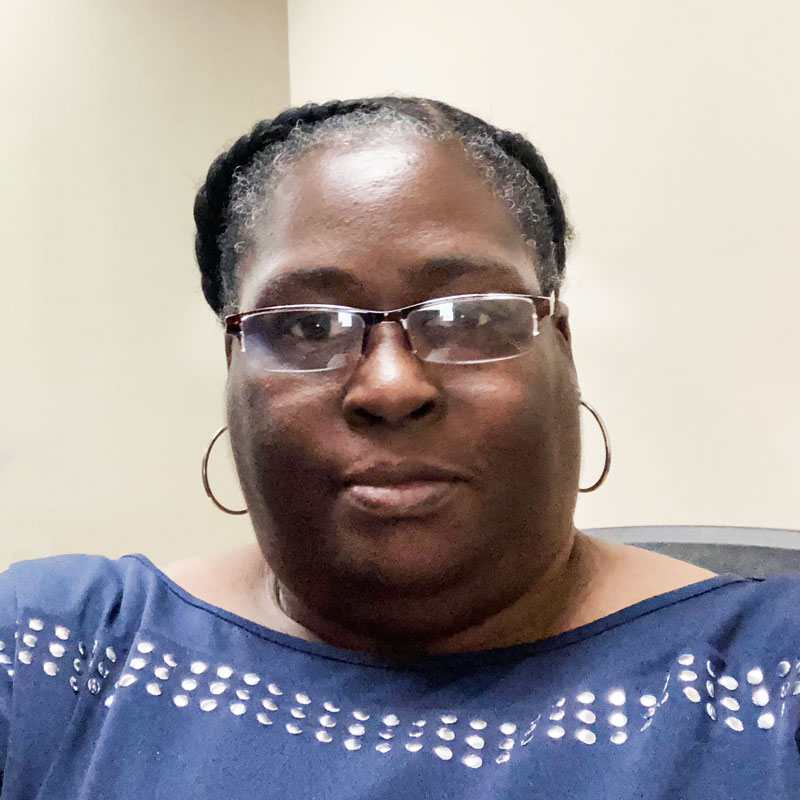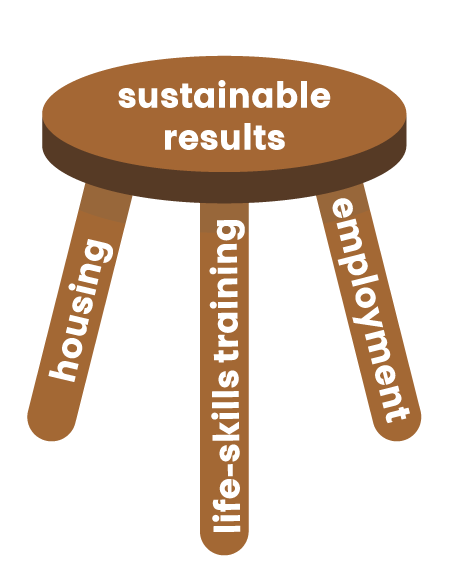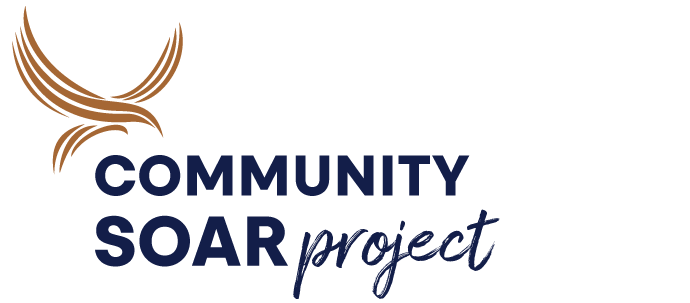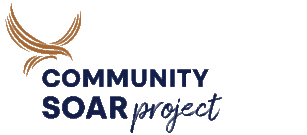About
The S.O.A.R. acronym explains the person-centered method we will use to work with our target population.
S.
STRATEGIES. SOAR uses a person-centered method where participants will discover their own strengths with the support of a case manager. Using the assessments completed and other information gathered from the intake, participants will discover barriers preventing them from success then gain skills to make choices conducive to non-justice involvement.
O.
OUTCOMES. Using the program model, we will demonstrate positive changes are achieved by participants. Information will be collected at intake and reassessed to demonstrate change occurred because of interventions.
A.
ACCESS. Participants, through referrals, will be re-connected to the community. Persons who have been incarcerated need to re-establish positive support in their community. Additionally, those who may be transitioning to adulthood have not established those needed community resources. Our target population may have multiple barriers to success, access to the entire community is needed. Program staff will be knowledgeable of those connections and assist participants to navigate.
R.
REENTRY/REINTEGRATION – The Community SOAR Project is committed to being a leader in assisting justice-involved persons transition back to their communities.
Persons reintegrating back to the community after incarceration face challenges such as unemployment, homelessness, and isolation from a safe and secure support system.
North Carolina Department of Adult Corrections sites, more than 15,000 individuals return to their home communities after being released from North Carolina state prisons each year. In fact, about 95 percent of people in prison will eventually return to their home communities.
Reentry or Reintegration services include safe and adequate housing, employment, transportation, healthcare services, mental health services, as well as reconnecting to family supports. While this list is comprehensive, there are other barriers that returning citizens may face when coming home. There is the stigma of having a justice-involved background and many still struggle with trauma and addictions that, if not treated, may cause them to return to incarceration.
Staff spend time assessing the current barriers that exist with program participants. Case management services, employment coaching, and continued follow up allow participants to create a plan for a successful reintegration.
Why Onslow County?
According to the North Carolina Department of Public Safety website, approximately 165 persons have been released to Onslow County in 2021. Reviewing numbers of releases from the year prior, there were roughly 290 persons released to Onslow County in 2020. Subsequently, there are few resources available in the area that are specifically geared towards the justice-involved population. (North Carolina Department of Public Safety Offender Public Information)
Returning citizens and at-risk for justice-involvement citizens are often stigmatized by negative perceptions and myths. The misconceptions and fears associated with reentering society can influence the success of a returning citizen.
To enact change in our communities for returning citizens and at risk for justice-involved persons, the Project uses a person-centered method where participants will discover their own strengths with the support of a case manager. Participants will gain skills to make choices conducive to non-justice involvement.

Community SOAR Project Founder Patricia Benefield
The Community SOAR Project was born from a desire to combine two passions for Patricia Benefield. Those passions are cooking and helping people to reach their goals. Patricia has spent more than 15 years advocating for persons who find themselves in crisis situations. She interned at the 4th District GAL program, while a student at UNC-Wilmington, before becoming a Community Services Block Grant Case Manager in Carteret and Wayne Counties. In her role as a case manager, Ms. Benefield spent a great deal of time learning to listen to the lives of the people with whom she worked. She quickly learned that many may find themselves in the same situation but that no two lives are alike. She became passionate about finding resources in the community that people needed to make their lives better. One of the things she lives by is making transitions to access services as seamless as possible.

Ms. Benefield now has organized a program that will use a three-pronged approach to service delivery. Housing, employment, and life skills training are those three tenets that we believe will assist persons to return to and remain in their community. The Community SOAR Project believes that using evidence-based strategies, focusing on outcomes, helping persons gain access to resources will ensure that those who are the most vulnerable will be successful.
Intensive case management services, employment support, and cognitive-behavioral intervention life skills courses will offer participants an opportunity to increase their likelihood of obtaining employment and remaining unconnected with the justice system.O
The SOAR project will have an on-site deli where program participants are able to practice life skills in a safe environment while earning a living wage. SOAR staff believes that the curriculum used in the criminal justice system called “Thinking for a Change” is best suited to allow real-world scenarios to enact change. Participants are assigned to a case manager who will help to reinforce lessons learned in the classroom and supported employment setting.
Included in the North Carolina Reentry Plan, data show that transitional employment, housing, transportation, as well as substance use disorder and mental health treatment are major barriers that would have a significant positive impact on reentry outcomes if addressed (2018).

